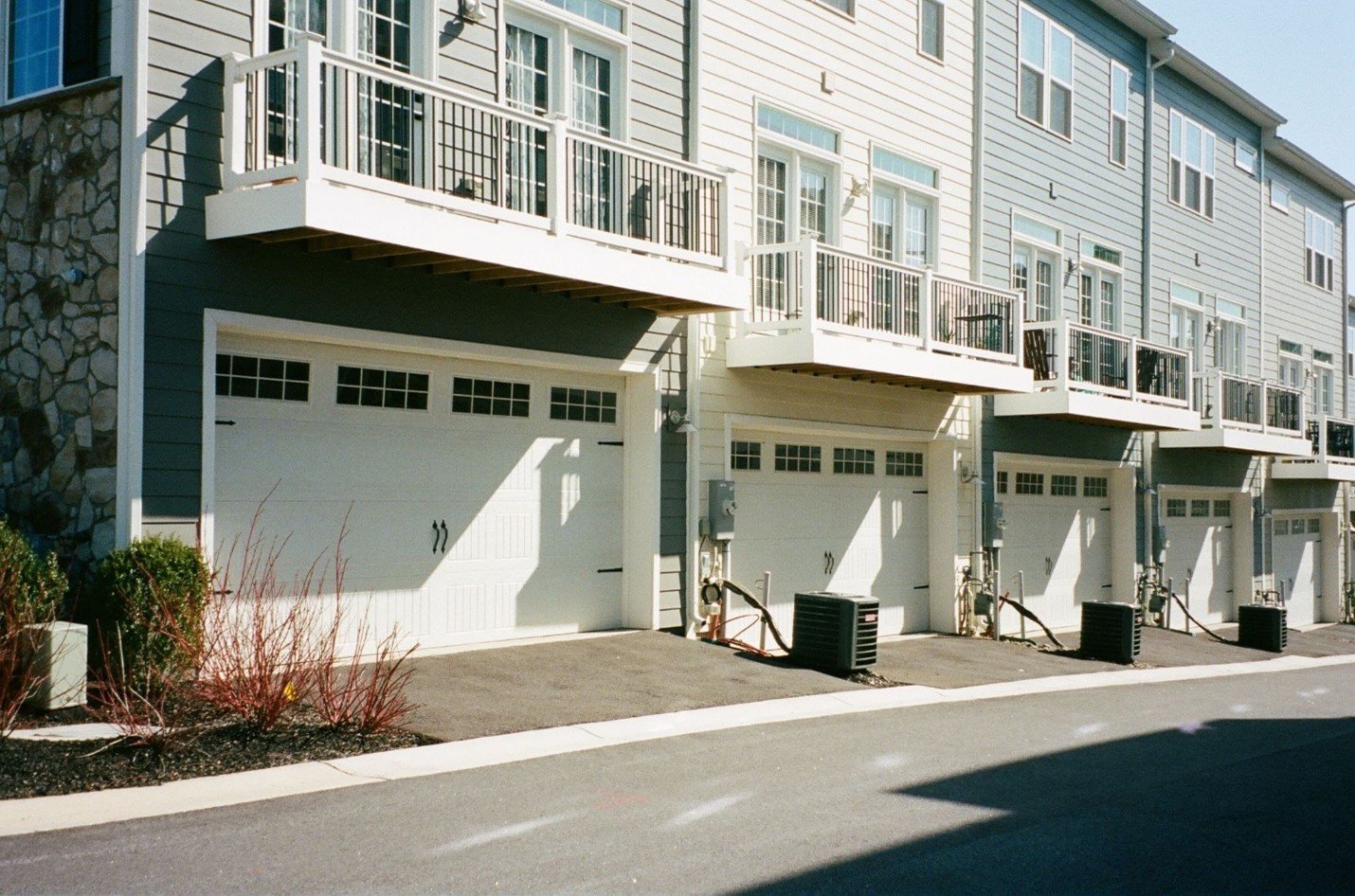Horizontal Property Regime 101
- Posted on March 29, 2023
- In Horizontal Property Regime
Horizontal property regime (HPR) is a legal system dealing with shared property ownership. This includes everything from apartment buildings to shared office spaces. Let’s explore the key elements of HPR, its advantages, and implications for property owners.
What is Horizontal Property Regime?
Horizontal Property Regime (HPR), or condominium ownership, is a legal system allowing multiple parties to own individual property units. Each owner has a separate deed and a shared responsibility for the maintenance and upkeep of the property.
Where are HPR's Built?
HPRs can be built in urban, suburban, and rural areas. They are commonly found in multi-unit residential buildings (e.g., apartments and townhouses) and commercial properties (e.g., office buildings, shopping centers, and industrial parks).
They may also be established in single-family homes or duplexes, where the owners can agree to share a driveway, garage, yard, and other common areas. Note that the location and type of property subject to HPR may vary depending on the laws and regulations of the jurisdiction where the property is located.
Why Are Horizontal Property Regimes So Popular?
Horizontal Property Regimes have become increasingly popular for several reasons.
First, HPRs allow individuals to own a portion of a property without the responsibility of maintaining the entire property. This makes it an attractive option for those interested in ownership but does not have the resources to manage a whole building or property.
Second, HPRs provide a sense of community and shared responsibility among property owners. This is beneficial, especially for residential HPRs, where swimming pools, gyms, and community rooms provide opportunities for neighbors to interact and build relationships.
Third, HPRs offer better amenities and services than traditional rental properties. Finally, it's an opportunity for builders to generate greater profits. For instance, a builder can purchase land for $150,000 and build a single-family home worth $450,000. However, if the builder builds several HPRs, they can sell each property to separate owners hence maximizing the profits.
Advantages Vs. Disadvantages
While HPR has become increasingly popular due to its many benefits, it comes with its set of drawbacks. Here are the most common.
Advantages of Horizontal Property Regime:
- It gives the owner the freedom to make decisions regarding their unit without needing approval from other owners.
- They allow for sharing expenses related to common areas, reducing the overall cost for each owner. Each owner shares the property's common elements equal to the percentage unit of the whole unit's value. For example, the owners can legally own the balcony, but its use is restricted to the unit owner the balcony serves.
- They often provide a sense of community and shared responsibility among property owners, creating a cohesive and friendly environment.
- It can be a profitable investment for builders, providing an opportunity to earn rental income from two or more properties in a single-family unit.
Disadvantages of Horizontal Property Regime:
- HPRs have rules and regulations that must be followed by all owners, which may limit the freedom of individual owners.
- Logistics can be difficult to calculate during construction, e.g., placing utilities.
- Disputes between owners can arise, especially regarding the use of common areas and the distribution of expenses.
- HPRs often require fees to cover maintenance and other shared expenses, which can add to the overall cost of ownership.
- The resale value of an HPR unit may be affected by factors outside of the owner's control, such as changes in the economy or property market.
- HPRs require agreement and decision-making among multiple owners, which can be challenging if conflicting opinions or interests exist.
Work with the Experts at John Rochford Law
Looking to navigate the complex world of Horizontal Property Regime? John Rochford Law experts will guide you through every step, ensuring your success in the real estate market.
Contact us today to learn more.
Subscribe for Updates
Latest Posts
- Title Issues in Tennessee: Common Problems and How They’re Cleared
- Common Commercial Lease Red Flags (and How to Negotiate Them)
- Commercial Purchase and Sale Agreements – How a Real Estate Attorney Can Protect Your Transaction
- When Do You Need a Nashville Probate Lawyer? 8 Common Scenarios
- Commercial Leases – Important Considerations



